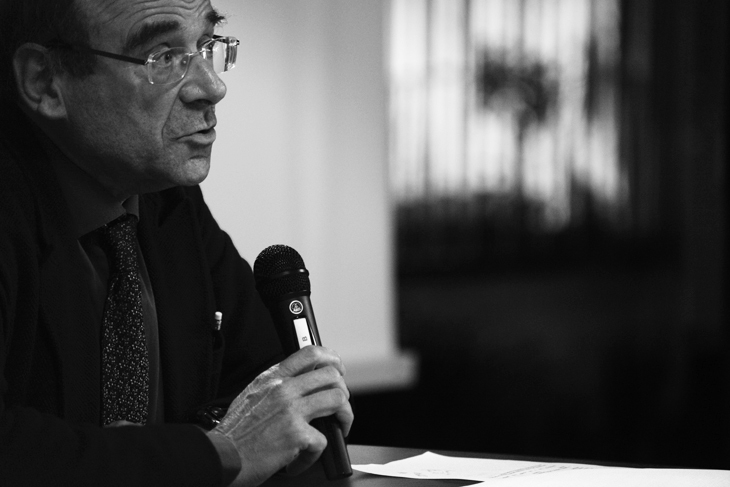


Books in series

Silence and Voice in the Study of Contentious Politics
2001

States, Parties, and Social Movements
2003

Political Movements and Violence in Central America
2005

Religion and War Resistance in the Plowshares Movement
2008

Contention and Corporate Social Responsibility
2009
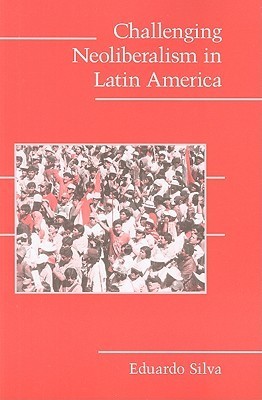
Challenging Neoliberalism in Latin America
2009
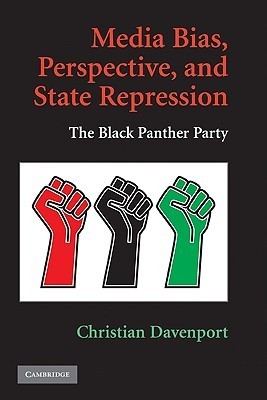
Media Bias, Perspective, and State Repression
The Black Panther Party
2009

The Civil Rights Movement and the Logic of Social Change
2010
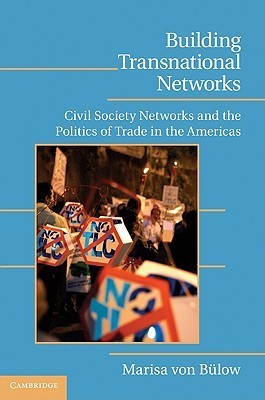
Building Transnational Networks
Civil Society and the Politics of Trade in the Americas
2010
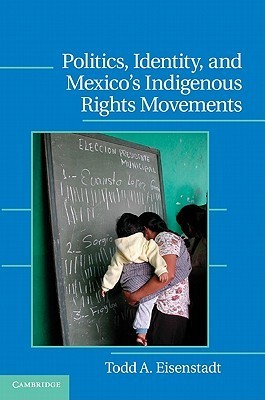
Politics, Identity, and Mexico’s Indigenous Rights Movements
2011

Activists, Alliances, and Anti-U.S. Base Protests
2011
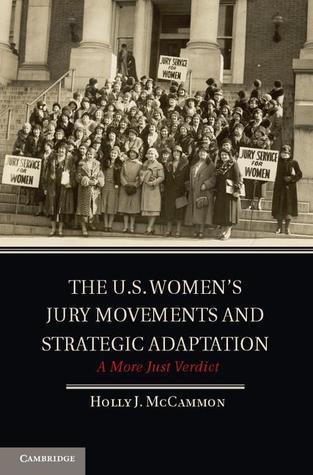
The U.S. Women's Jury Movements and Strategic Adaptation
A More Just Verdict
2012

Direct Action, Deliberation, and Diffusion
Collective Action after the WTO Protests in Seattle
2012

Putting Social Movements in their Place
Explaining Opposition to Energy Projects in the United States, 2000–2005
2012
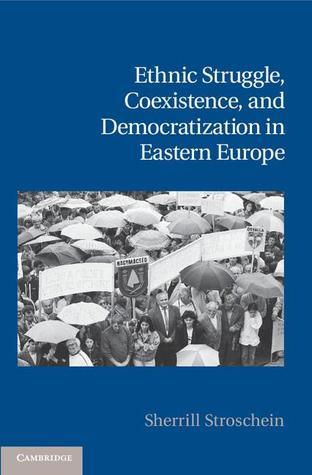
Ethnic Struggle Coexistence and Democratization in Eastern Europe By Stroschein Sherrill
2012

The Political Power of Protest
Minority Activism and Shifts in Public Policy
2013
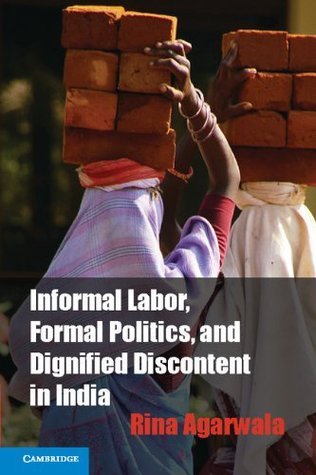
Informal Labor, Formal Politics, and Dignified Discontent in India
2013
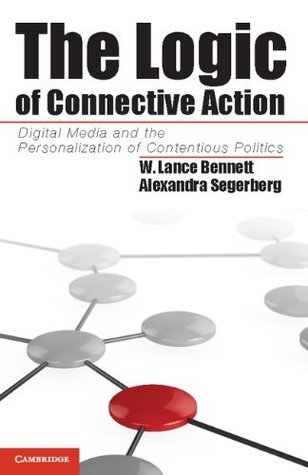
The Logic of Connective Action
Digital Media and the Personalization of Contentious Politics
2013

Race, Nation, and Citizenship in Postcolonial Africa
The Case of Tanzania
1933
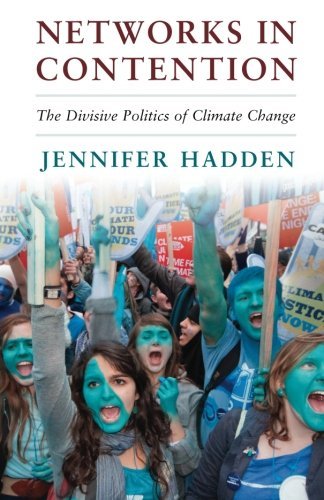
Networks in Contention
The Divisive Politics of Climate Change
2015
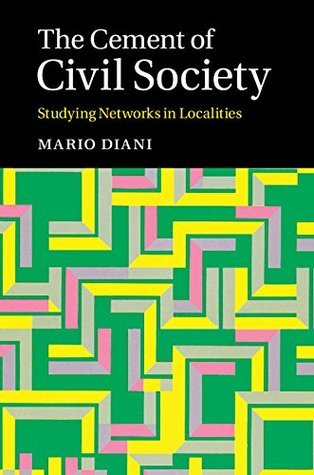
The Cement of Civil Society
Studying Networks in Localities
2015
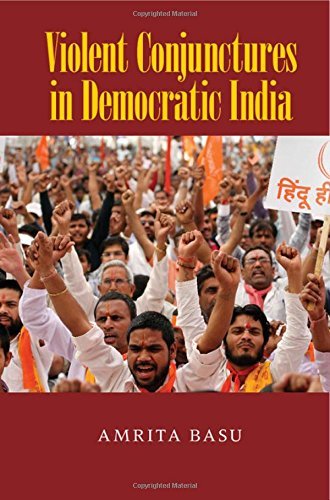
Violent Conjunctures in Democratic India
2015

When States Come Out
Europe's Sexual Minorities and the Politics of Visibility
1821

Force and Contention in Contemporary China
Memory and Resistance in the Long Shadow of the Catastrophic Past
2015
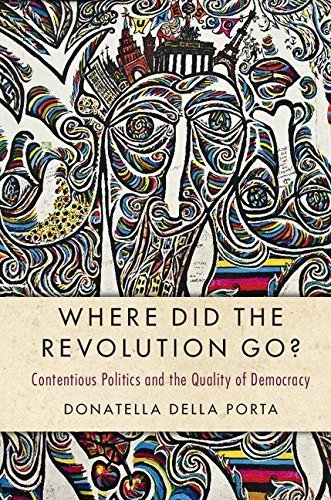
Where Did the Revolution Go?
Contentious Politics and the Quality of Democracy
2016

Parties, Movements, and Democracy in the Developing World
2016

Religious War and Religious Peace in Early Modern Europe
2017

Sandinista Nicaragua's Resistance to US Coercion
Revolutionary Deterrence in Asymmetric Conflict
2017
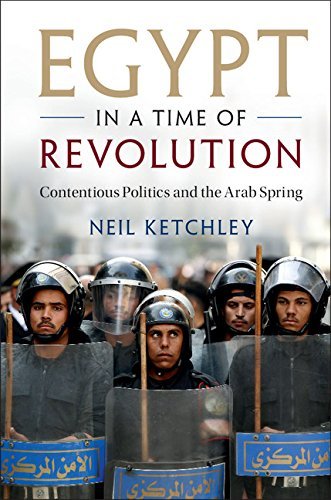
Egypt in a Time of Revolution
Contentious Politics and the Arab Spring
2017
The Poor's Struggle for Political Incorporation
The Piquetero Movement in Argentina
2017
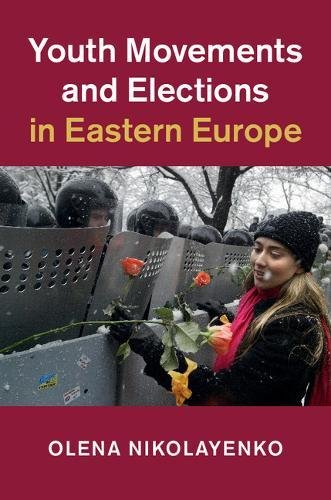
Youth Movements and Elections in Eastern Europe
2017

Political Translation
How Social Movement Democracies Survive
2018

Solidarity in Practice
Moral Protest and the US Security State
2018
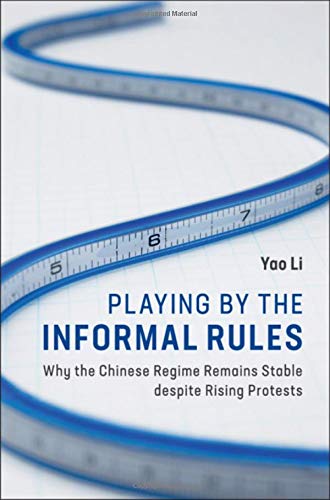
Playing by the Informal Rules
Why the Chinese Regime Remains Stable despite Rising Protests
2018
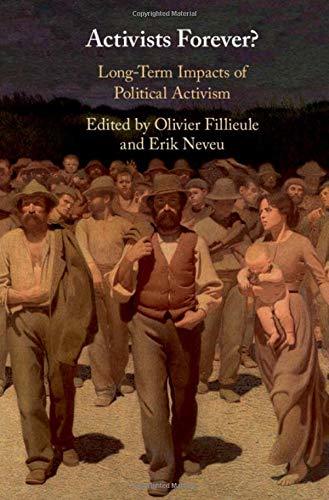
Activists Forever?
Long-Term Impacts of Political Activism
2018
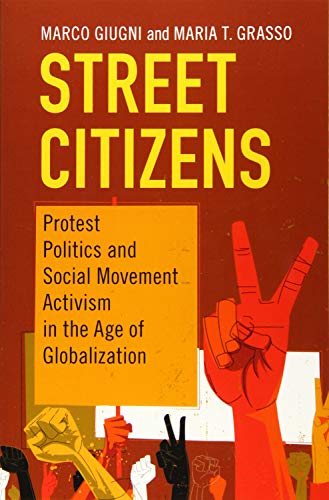
Street Citizens
Protest Politics and Social Movement Activism in the Age of Globalization
2018

Protectors of Pluralism
Religious Minorities and the Rescue of Jews in the Low Countries during the Holocaust
2019
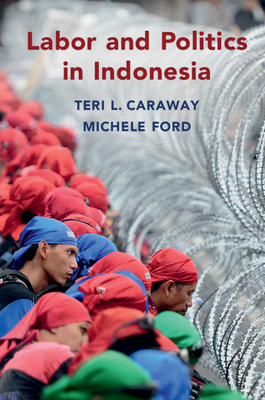
Labor and Politics in Indonesia
2020
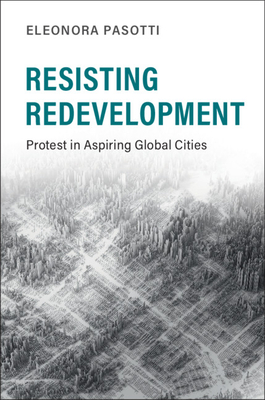
Resisting Redevelopment
2020
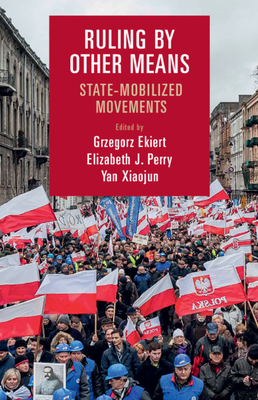
Ruling by Other Means
2018
Grassroots Environmentalism
2020
Authors



Dr. Amrita Basu is an ENT surgeon, previously a teacher in a medical college, author and mommy to a five-year-old little girl. She started writing two and a half years back when she realized she had a passion for sharing healthy lifestyle stories. She is the author of six books, Fruits for Life: Nutrition secrets your doctor won’t tell, Picky Eaters: Guaranteed hacks to make you happy and several publications online and offline. She is the creator of Healthwealthbridge (healthwealthbridge.com) one of the top health –wellness mom blogs in India.Dr. Amrita has been featured in several top publications online and in print. Through the Healthwealthbridge blog and books .Dr. Amrita offers a refreshing perspective about living healthy, loving life and praying hard.If she is not researching her latest book, you can find her reading, pottering about her balcony garden or playing with her daughter. Though she will forever be a Kolkata girl at heart, she shares a special relationship with Delhi and now lives in Malda town(India) with her husband and daughter.
Jack A. Goldstone is an American sociologist and political scientist, specializing in studies of social movements, revolutions, and international politics. He is an author or editor of 13 books and over 140 research articles. He is recognized as one of the leading authorities on the study of revolutions and long-term social change. His work has made foundational contributions to the fields of cliodynamics, economic history and political demography. He was the first scholar to describe in detail and document the long-term cyclical relationship between global population cycles and cycles of political rebellion and revolution. He was also a core member of the “California school” in world history, which replaced the standard view of a dynamic West and stagnant East with a ‘late divergence’ model in which Eastern and Western civilizations underwent similar political and economic cycles until the 18th century, when Europe achieved the technical breakthroughs of industrialization. He is also one of the founding fathers of the emerging field of political demography, studying the impact of local, regional, and global population trends on international security and national politics. Goldstone is currently the Virginia E. and John T. Hazel, Jr. Professor in the School of Public Policy at George Mason University. He has also worked as a consultant of the US government, for example, serving as chair of the National Research Council's evaluation of USAID Democracy Assistance Programs. He is also a non-resident Senior Fellow at the Brookings Institution, and Director of the Research Laboratory in Political Demography and Macrosocial Dynamics at the Russian Presidential Academy of National Economy and Public Administration in Moscow. His academic awards include the American Sociological Association Distinguished Scholarly Publication Award, for 'Revolution and Rebellion in the Early Modern World,' the Arnaldo Momigliano Award of the Historical Society, and seven awards for 'best article' in the fields of Comparative/Historical Sociology, Political Sociology, Social Theory, and Collective Behavior and Social Movements. He has won fellowships from the Council of Learned Societies, the U.S. Institute of Peace, the MacArthur Foundation, the Australian Research School of Social Sciences, the Canadian Institute for Advanced Research, the Center for Advanced Study in the Behavioral Sciences, and is an elected member of the Council on Foreign Affairs and the Sociological Research Association. He has been the Richard Holbrooke Visiting Lecturer at the American Academy in Berlin, the Crayborough Lecturer at Leiden University, and a Phi Beta Kappa National Visiting Scholar.
